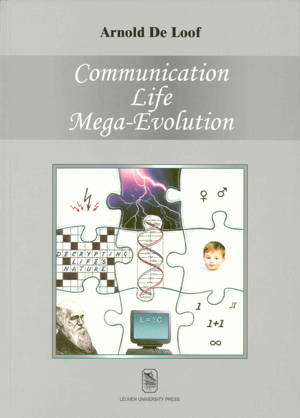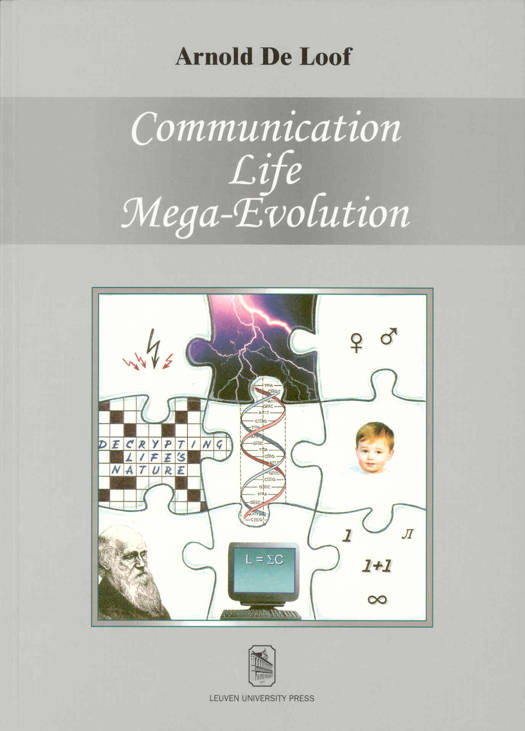
- Afhalen na 1 uur in een winkel met voorraad
- Gratis thuislevering in België vanaf € 30
- Ruim aanbod met 7 miljoen producten
- Afhalen na 1 uur in een winkel met voorraad
- Gratis thuislevering in België vanaf € 30
- Ruim aanbod met 7 miljoen producten
Zoeken
Omschrijving
Is it possible to truly understand the very nature of 'life' and 'death' on the basis of contemporary biology? Nearly everyone will react spontaneously: "No way. 'Life' is far too complicated. It involves both a material and an immaterial dimension, and this combination exceeds the capacities of the human brain." Quite to the contrary," replies the author of this book, "these questions can indeed be answered, simply and logically, and without having to invoke any hypothetical principles". The key? First ask the right questions. Next, thoroughly imbue contemporary biology with the principles of communication, including both its 'hardware' and its 'software' aspects. Finally, arrange the numerous pieces of the Big Puzzle in such a way that a unifying yet simple principle emerges.One result of this approach is that the theory of evolution - the very heart of biology - in its present form could shed many of its remaining shortcomings if the principles of communication were better incorporated into it. In particular, such an integrative advance could render superfluous the Cartesian mind-body distinction and the dichotomy between cultural evolution and genetic evolution that grew out of it. In De Loof's approach of biology there is ample room for feelings, emotions, decision making, problem solving, ethical principles, and last but not least, for optimism in life's basic drive.
Specificaties
Betrokkenen
- Auteur(s):
- Uitgeverij:
Inhoud
- Aantal bladzijden:
- 346
- Taal:
- Engels
- Reeks:
Eigenschappen
- Productcode (EAN):
- 9789058672360
- Verschijningsdatum:
- 15/02/2002
- Uitvoering:
- Paperback
- Formaat:
- Trade paperback (VS)
- Afmetingen:
- 156 mm x 234 mm
- Gewicht:
- 485 g

Alleen bij Standaard Boekhandel
+ 132 punten op je klantenkaart van Standaard Boekhandel
Beoordelingen
We publiceren alleen reviews die voldoen aan de voorwaarden voor reviews. Bekijk onze voorwaarden voor reviews.











